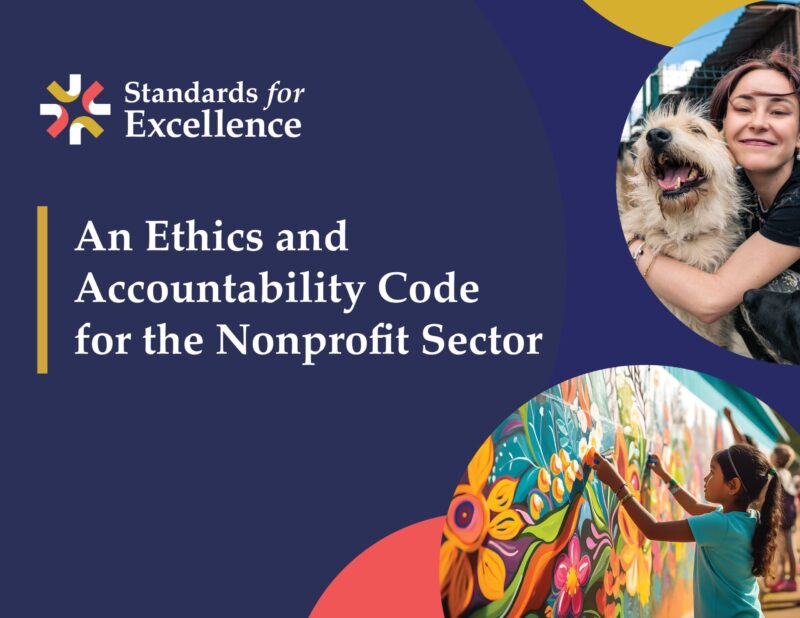1. Governance and Fiduciary Responsibility
a. The board is made up of individuals who care deeply about the organization’s mission, who are from the community, and who understand their fiduciary duties – being responsible for the organization’s legal and financial well-being.
b. The board creates and reviews its bylaws and policies every three to five years to make sure the organization is governed and managed well.
2. Executive Supervision, Performance, and Compensation
a. The board chooses the organization’s Executive, decides how much they are paid, and reviews how well they are doing their job in an annual evaluation. If a committee is in charge of one of these responsibilities, the full board approves its decisions.
b. The board supports the nonprofit’s Executive in leading the organization, gives them the power to make decisions, and works to make sure they are successful in running the organization.
3. Board Effectiveness
a. The board is responsible for its own work. The board reviews its own performance on a regular basis (at least every two years) to make sure it is operating effectively.
b. The board has policies that tell members what is expected of them. The expectations reflect equity and community considerations. These expectations include responsibilities like attending meetings, helping raise money, being on committees, following the organization’s values, and getting involved in the organization’s programs. Board members are responsible to each other and the community the organization serves.
c. The board has a rigorous plan for recruiting, selecting, and removing board members. This plan is equitable and helps the organization make sure it has the best mix of talent, diversity, and community representation.
d. Board policies include limits on how long a board member may serve.
e. The board is responsible for making sure that new board members are oriented to the board and the nonprofit. Orientation includes introducing new members to the board and staff and sharing information about the organization’s strategy, programs, finances, and governance. New board members also learn about the Standards for Excellence code. The nonprofit also provides training and education to help board members understand their responsibilities and expectations.
4. Succession Planning and Leadership Development
Developing leadership and managing the planned and unplanned entrances and departures of a nonprofit’s leaders are critically important. The board and Executive work together to make a plan for finding and developing new Executives and board leaders. The written plan is approved by the board. The Executive’s job description includes their role in managing the succession of staff and volunteers.
5. Board Member Independence
a. The majority of board members of public charities do not receive payment for serving on the board. They may be reimbursed for items like transportation and childcare while doing board work. When necessary to support inclusivity, the organization may also provide impacted board members modest financial support to help them participate fully.
b. The board has at least five independent and unrelated members. It is preferred to have seven or more members.
c. When an employee of the organization is a voting member of the board, the board ensures that the employee will not be in a position to hold undue power or control over the board’s decisions.
6. Board Meetings
a. The board meets at least four times a year to do the work of the board.
b. Board meetings have an agenda to make the meetings efficient, engaging, effective, and focused on the key issues. Boards keep track of what happened at the meetings and share it with all board members in the form of meeting minutes. The minutes and materials for the meetings are available to all board members.
c. Committees with decision-making powers report their actions or decisions to the whole board. These decisions are recorded in the board’s meeting minutes.

